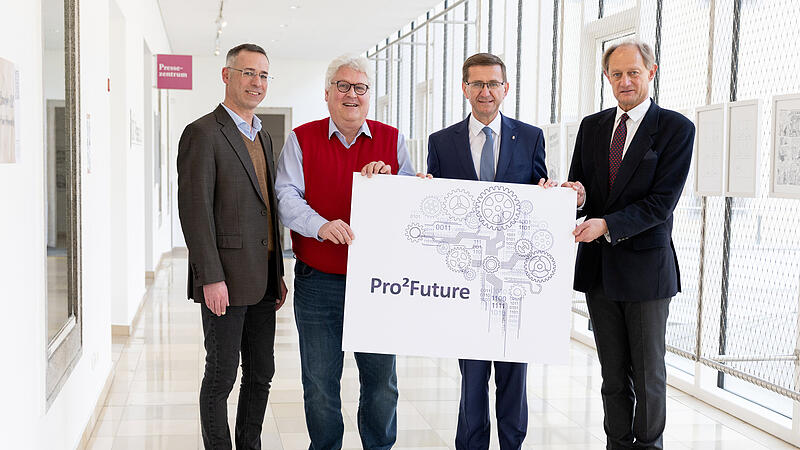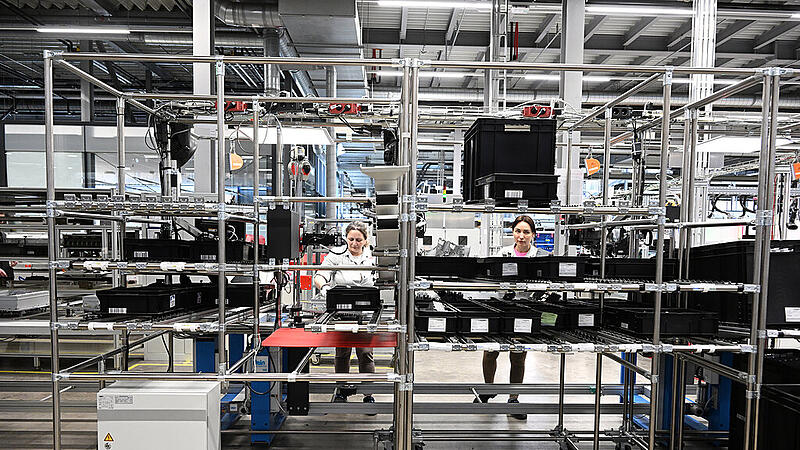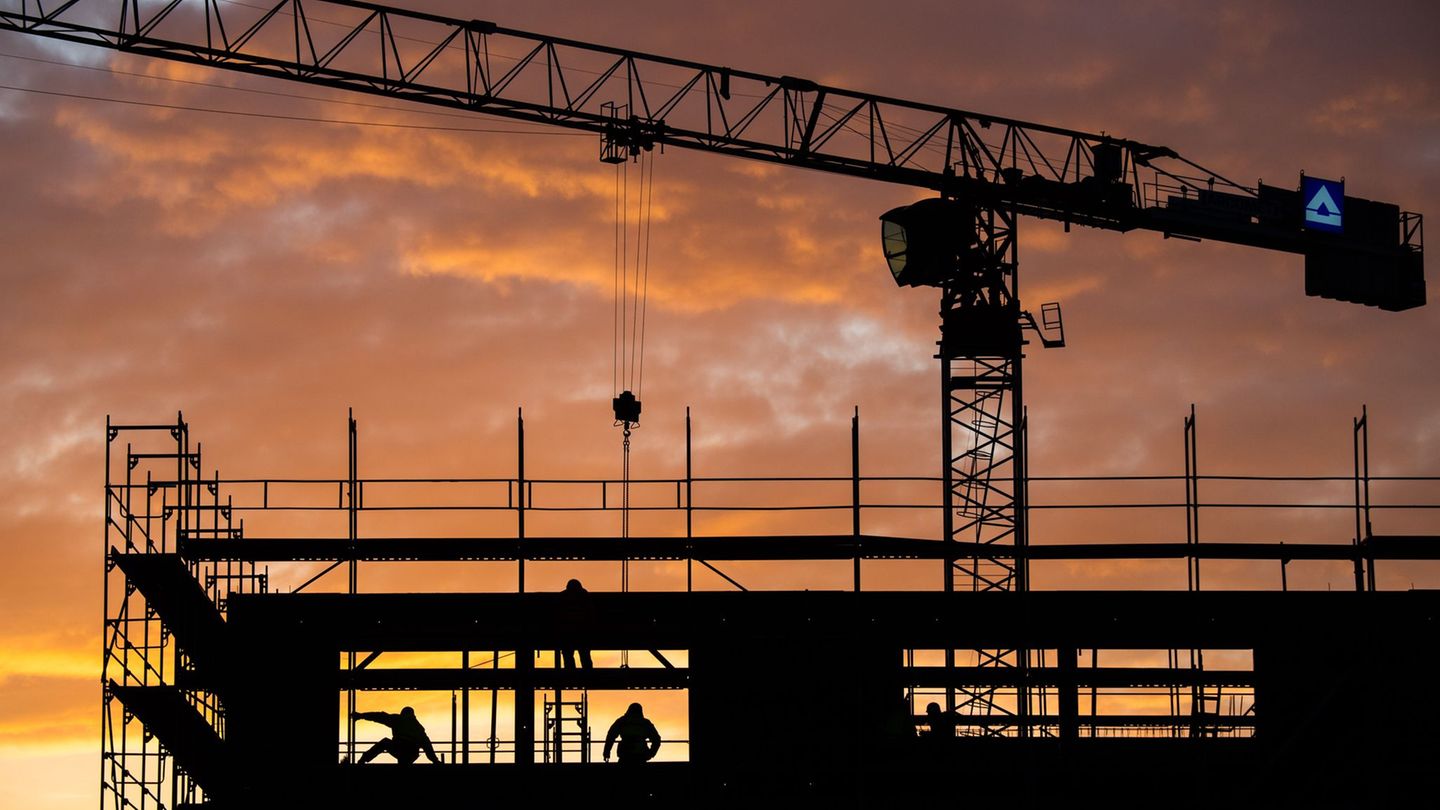Image: BARBARA GINDL (APA/BARBARA GINDL)

Image: Margot Haag
Artificial intelligence (AI) has long since developed into a growth engine: According to a study by the EU Commission, it is said to have the greatest economic potential in the areas of mobility, manufacturing and smart health. How AI can be successfully established in industrial companies on the one hand and become more efficient and sustainable on the other is the goal of the “Streaming AI” research project, which is led by the Pro2Future research center from the UAR Innovation Network. We work together with two JKU institutes: the Institute for Pervasive Computing (head Alois Ferscha) and the Institute for Machine Learning by Sepp Hochreiter).
Conventional AI systems have so far been fed with large amounts of training data and pre-trained on powerful servers before they are used. The systems require large amounts of data, a lot of computing power and storage and cause a considerable amount of CO2 emissions.
- Artificial intelligence: EU Parliament clears the way for the first law
The central starting point of “Streaming AI” is that AI models will in future be used directly on devices and machines in everyday industrial life. (Example: A camera is installed on the welding robot that collects and processes data.) This is how the AI is trained in real operation.
“AI is a technology like electricity or the Internet, it should become standard in companies,” says Hochreiter: It has to react to changing conditions, from the weather to customer orders, and work is also being done on that. In addition, according to Ferscha, not all raw data is forwarded within the networks, but rather those that are useful for the specific application.

Image: Margot Haag
Pro2Future works with 46 industrial partners, including Fronius: One of the use cases is self-learning and automated detection of software errors on inverters, which Fronius produces and is the heart of every PV system.
State Councilor for Economic Affairs Markus Achleitner described the project as an innovation and growth engine and an important contribution to competitive production. The state of Upper Austria is funding the project with 750,000 euros.
more from economics




